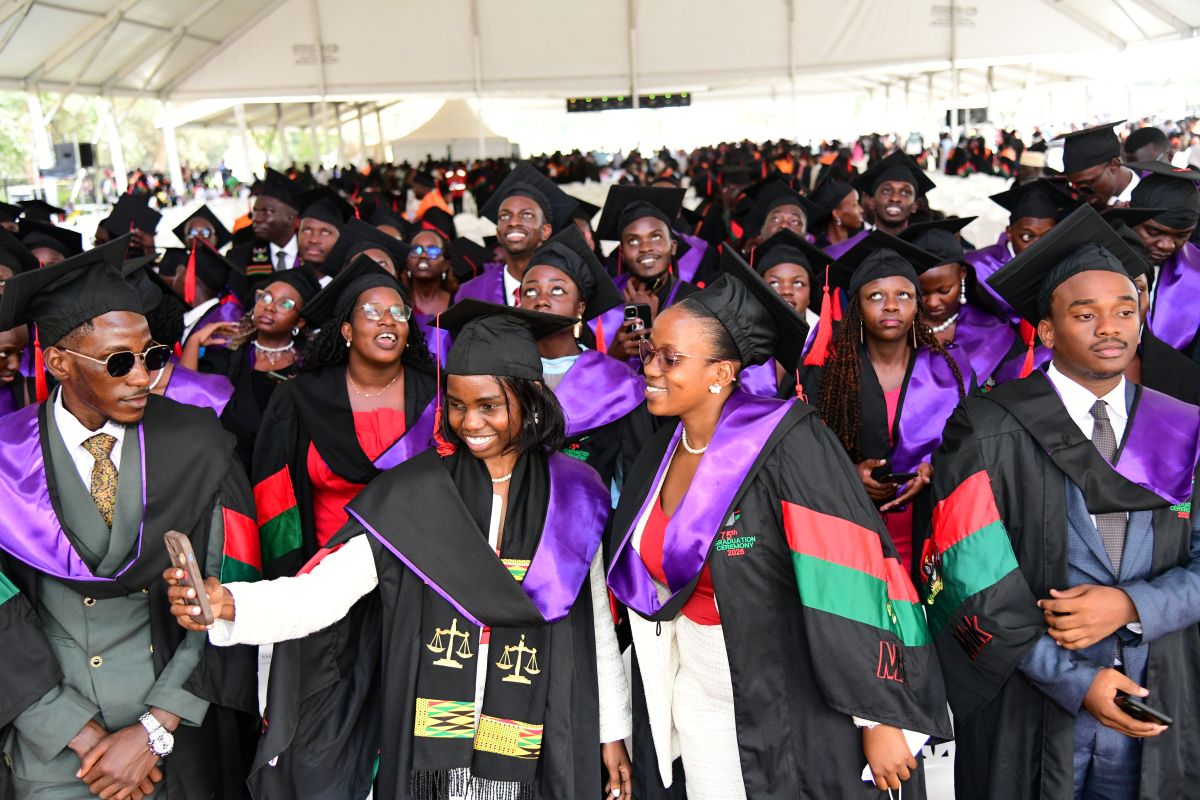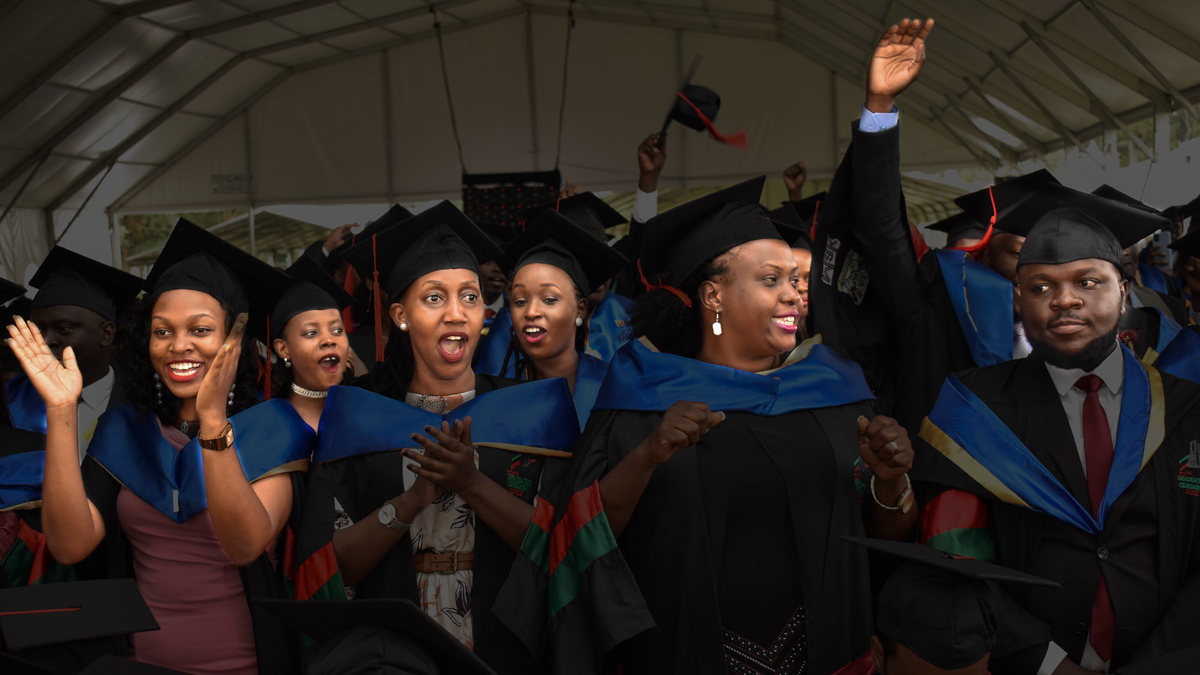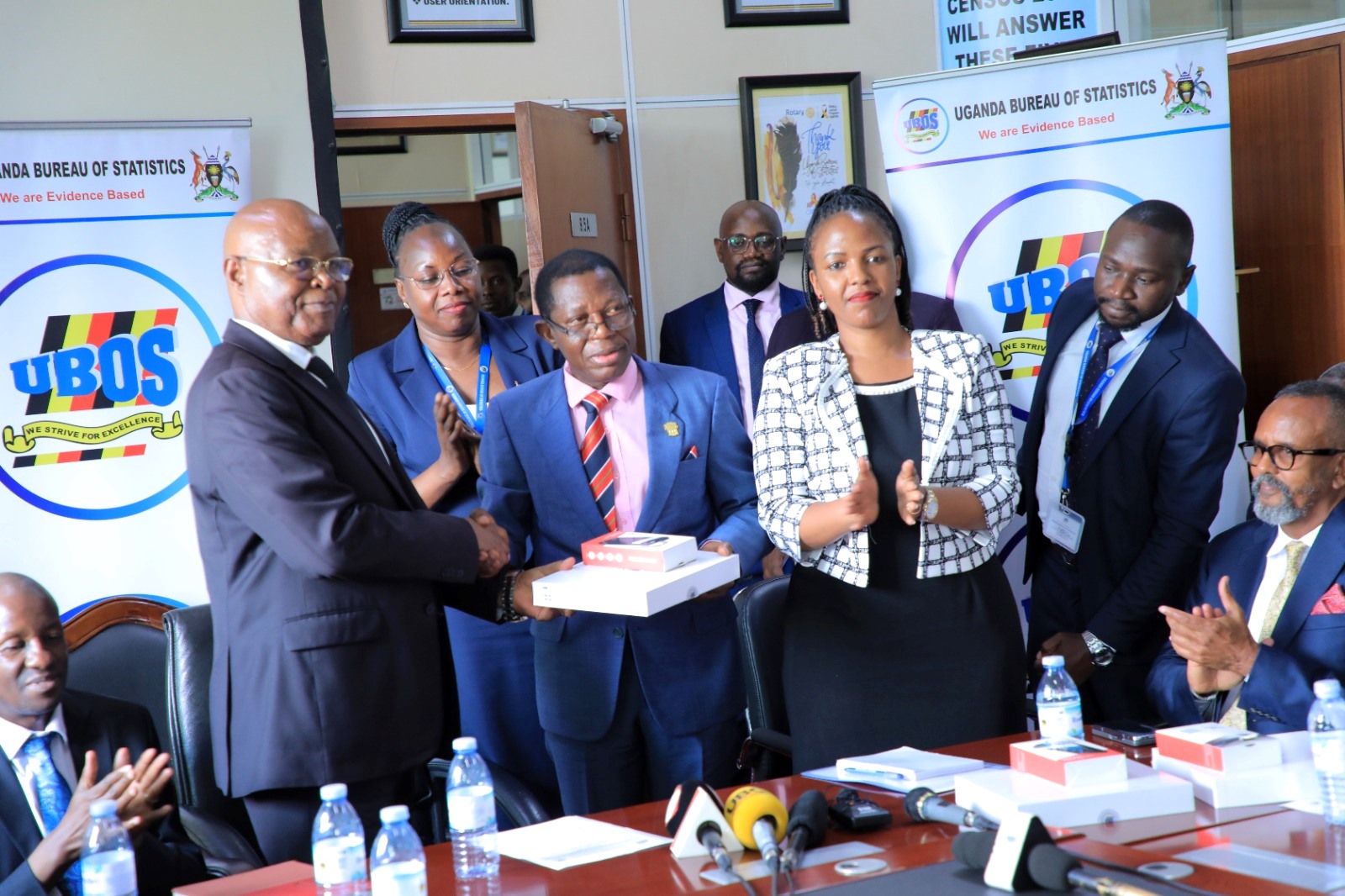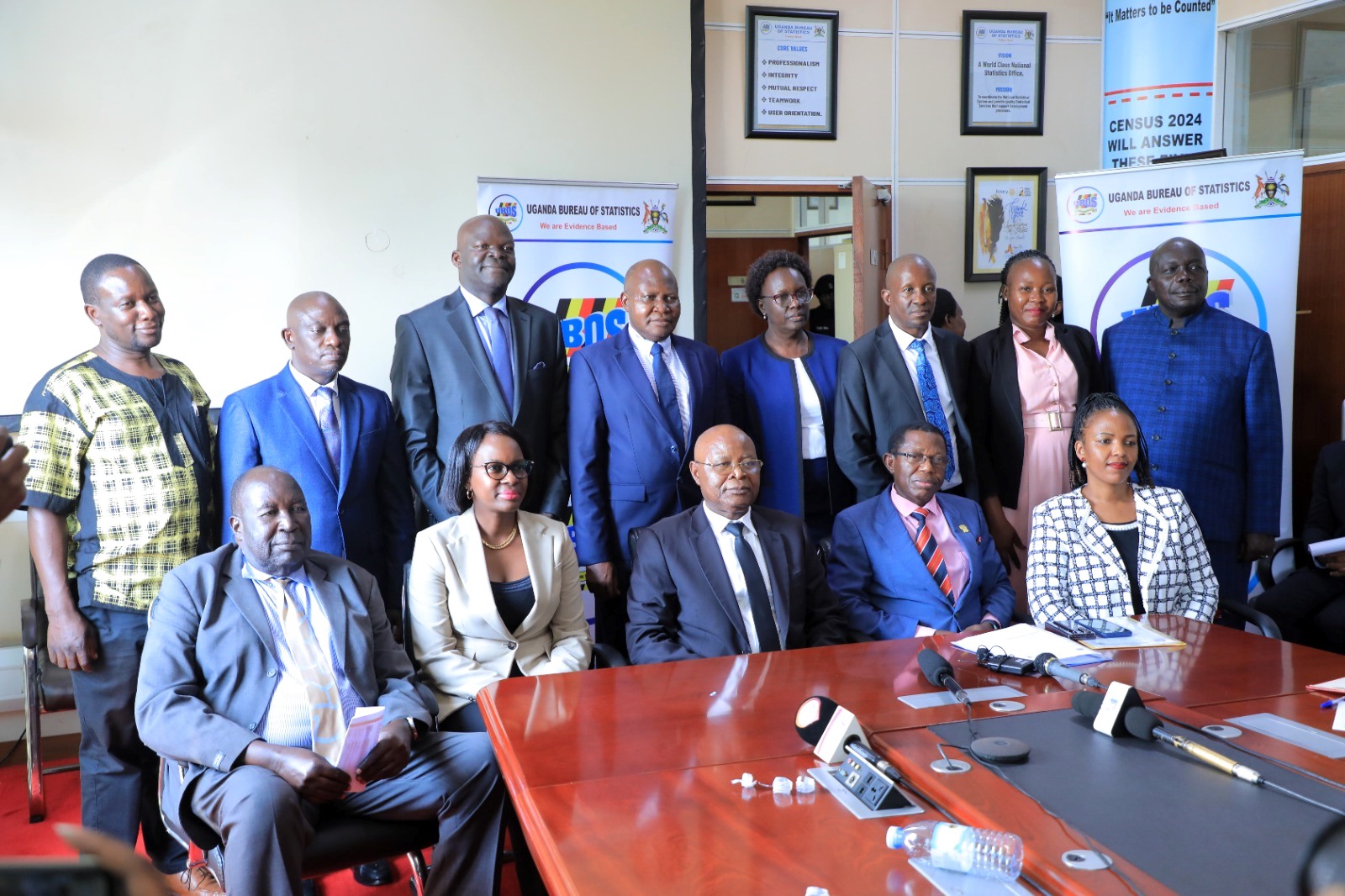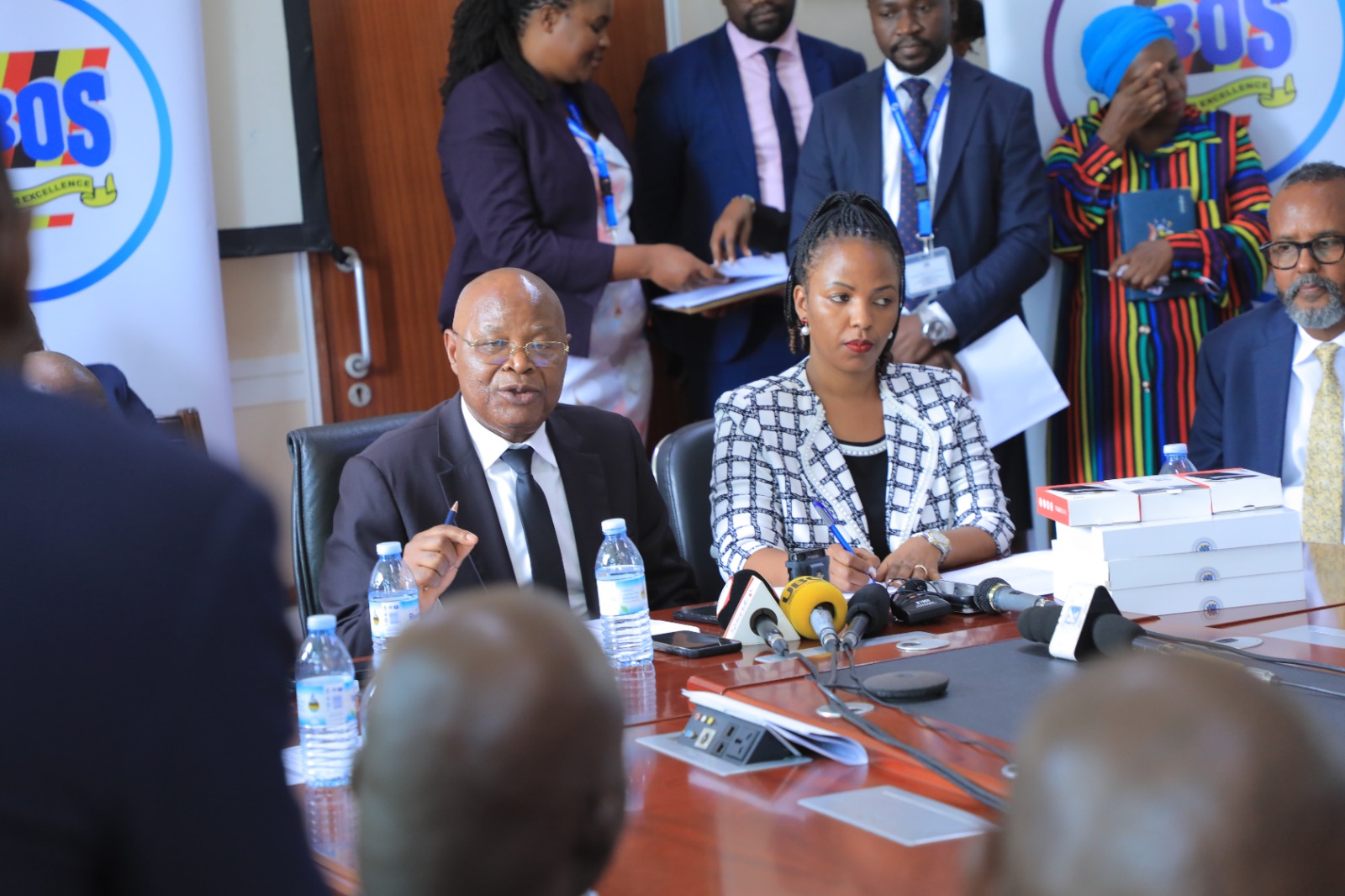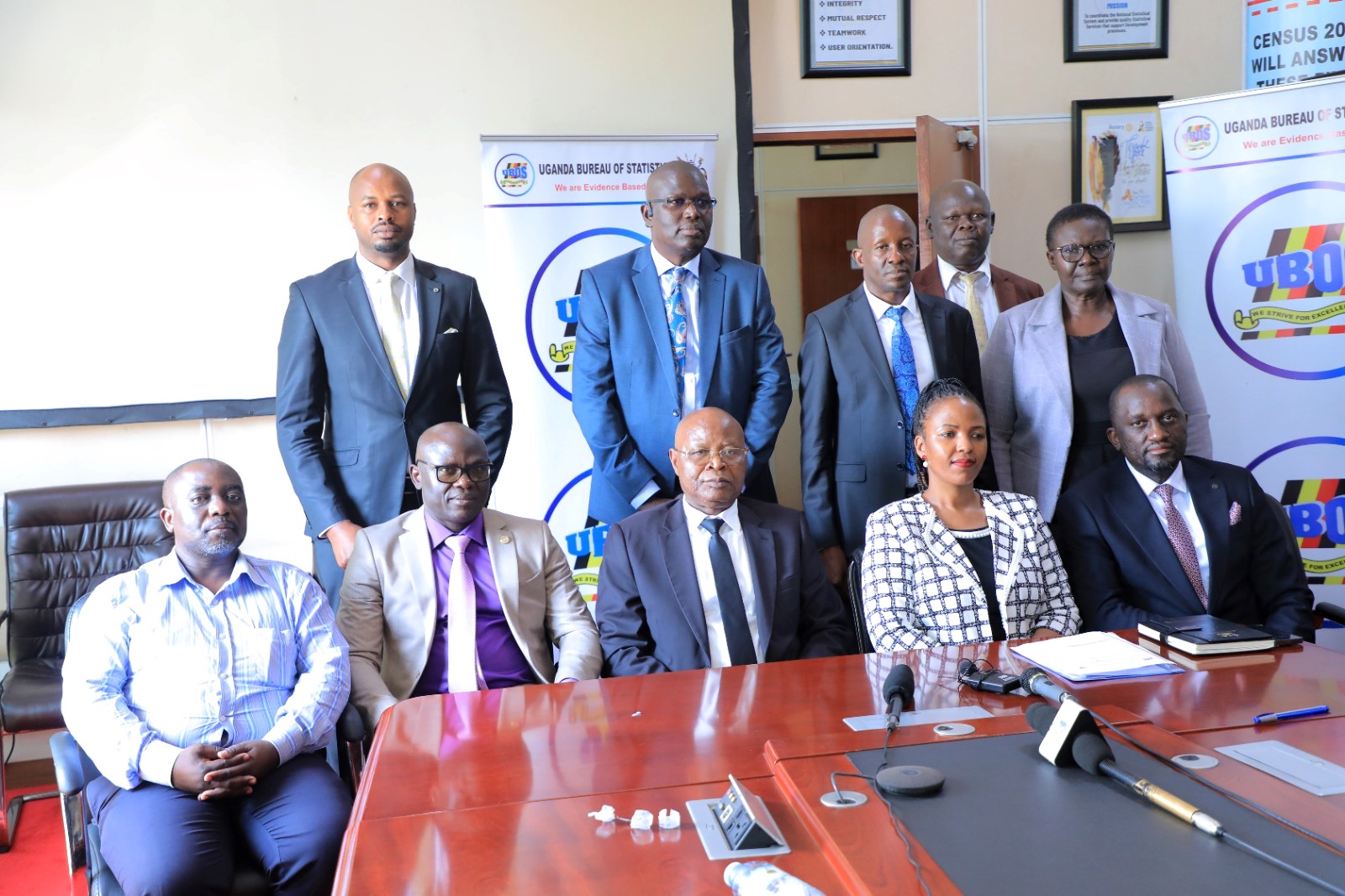Ø University Assistant Bursar advocates for recess terms in all Colleges
Ø Students advised to love Agriculture as their profession.
About 245 Undergraduate students from the College of Agricultural and Environmental Sciences (CAES) undertaking Bachelor of Science programmes in Agriculture, Horticulture, Food Science and Technology, Agricultural Engineering and the Bachelor of Agricultural and Rural Innovations underwent a 10week competence-based training to equip them with hands on skills ranging from production, management, value addition and entrepreneurship.
The students were dispatched for recess term activities hosted by the Makerere University Agricultural Research Institute Kabanyolo (MUARIK) on 19th May 2018 until 27th July 2018.
At a field day held on 27th July 2018 to mark the end of recess term activities, students demonstrated different technologies in Horticulture including sterilization of soil for nursery gardens, principles of propagation (budding, grafting layering) and different ways of raising seedlings.
The function was graced by the College Deputy Principal Assoc. Prof. Gorrettie Nabanoga and was attended by Makerere University staff, farmers, surrounding community members, Ministry of Agriculture, Animal Industry and Fisheries (MAAIF) officials, students from Gayaza High School, and officials from Agro-max among others.

In her remarks the Deputy Principal challenged the private sector to partner with CAES students to help them incubate their innovations. She stressed that agricultural students are being taught in a way that enables them start up something but most of the time the ideas learnt, die off due to the lack of a helping hand to advance them.
“Our students have the capacity to offer the best extension services within the communities where they come from, but we feel bad that some of their knowledge cannot trickledown to the communities due to lack of funds to enhance extension,“she said.
Dr. Stephen Lwasa one of the instructors during the recess term said the field day gives students a chance to gain practical skills such that when they are done with school, they can replicate what they have learnt.
“They have been here for the last ten weeks and they are able to show us what they have learnt in terms of agriculture, livestock, poultry, soils, agricultural economics and others, on top of acquiring different skills which they will use after school,“he said.
Dr. Lwasa revealed that some students had written proposals for funding to advance what they have learnt but funding remains one of the biggest challenges which debilitate efforts to realise their goals.
He stressed that since most of the youths in Uganda are not employed, getting practical skills can help in the transformation of agriculture where they can employ themselves other than being job seekers.

“This is a very good way of giving youth practical skills on top of helping the farmers who would need these skills in the transformation of agricultural processes,“ he said.
He asked the Government to consider extending loans to students to act as revolving funds to help them put into practice what they have learnt.
Speaking at the same function, the Assistant Bursar Mr. Acon Michael attested to the fact that recess terms should be conducted by all colleges within the University. He however observed a need to have a central point for coordination within the University Administration.
Mr. Achon said that Makerere as an academic institution is the source of many ideas which later spill into the other communities. He applauded the College for the commendable job done in recess term and challenged them to uphold the goals for which the recess term is intended.
“It is important that you have good attitude towards what you are doing, there is no easy task or difficult task but you have to work hard towards what you what to achieve.
This is very commendable even to the partners who have taken part; this is the first time the Finance Department is being invited for such an occasion, It gives us great honor to come and see what the resources we give can do,“ he said.
“For the students, I applaud you for the discipline you have shown and I think this is very important because without discipline you cannot succeed but you can easily fail, “he added.

He also applauded the students for the patience exhibited saying there has been a lot of crises, but with patience, it has always been managed amicably. He advised the College to keep up the spirit of inviting external stakeholders to come and take part in the recess term, saying collaboration is important and can make other academic institutions learn from Makerere and replicate these ideas in their own campuses.
Mr. Acon appreciated MAAIF for recognising the recess term, observing a need to increase resource allocation to the Agriculture sector, with special emphasis on implementation of whatever is demonstrated.
Prof. Archileo Kaaya the Head, Department of Food Technology, Nutrition and Bioengineering said such field days, help students learn how to add value to various crops. He concurred with Mr. Acon on the need to make field days public where the communities can come over to interact with the students and receive knowledge on extension.
The MAAIF Official in charge of Agricultural extension Mr. Stephen Mugume observed that guns and armories cannot solve the problem of agriculture but youth once groomed well can cause a big change in the sector.
“Every ministry, every high ranking officer is engaged with the task of making the youth of Uganda get skills because where Ugandans have comparative advantage is only within Agriculture.

Therefore every agricultural policy formulation from National Agricultural Extension to the National Agricultural Strategy has got guidelines to help agricultural extension work, “he said.
He revealed that the Ministry is currently implementing a prelist agricultural extension program implying that anybody with a skill attained either by formal or non-formal means can have the opportunity to be recognized in agricultural production.
He reechoed that the ministry has also got a policy on the full value chain not ending at production but taking up to the value chain. He however expressed disappointment that Makerere which is a core trainer of agriculturalists does not have enough tractors and other Agricultural equipment to drive the sector.
He warned the students against indiscipline but advised them to focus on working and embracing the abundant opportunities such that they can earn while studying.
Miss Stella Kabatetsi a Bachelor of Science in Horticulture student said most of her peers had not got exposed to practical skills in Agriculture yet they are very key in transferring knowledge to others.
“This recess term has helped us a lot, we have gone to real gardens and done real work which will help us after school, “she said.
She also advised farmers to always consider the use of improved seeds to minimise losses in production as well as embracer other emerging agricultural technologies.

The recess terms was coordinated by Dr Narisi Mubangizi and Dr Opolot Emmanue. Dr. Opolot said the number of students who participated in this year’s recess term was more compared to last year.
“We brought 3rd and 4th year students to take them out of classroom setting to give them practical skills.
“We covered units in crop and soil science, apiculture, food science and technology, horticulture, rural innovation and extensions, records and accounts, economics of all the enterprises on top of agriculture engineering among others,“he said.
In the Food Science stall, students explained and demonstrated the need to add value to agricultural produce, value added products and their health benefits, and how to make different products on both industrial and local scales.
One student group exhibited how to make urea blocks and molasses for dairy farming while others focused on silage and hay making. Another group of students focused on the plant clinic to give farmers guidance on how to diagnose plant diseases and pests, lack of nutrients, bacterial infections among others.
The College of Agricultural and Environmental Sciences has been training students as plant doctors since 2013 in collaboration with the Plant wise Program of the Centre for Agriculture and Bio Sciences International (CABI) and the Ministry of Agriculture, Animal Industry and Fisheries.
Article by Communication Office, CAES

 General4 days ago
General4 days ago
 General1 week ago
General1 week ago
 General1 week ago
General1 week ago
 General1 week ago
General1 week ago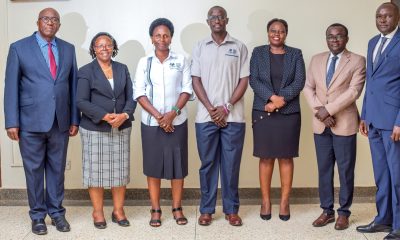
 General2 weeks ago
General2 weeks ago
